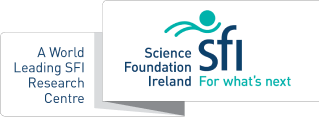
Steps for Public Engagement with Energy Transitions in an era of Climate Crisis
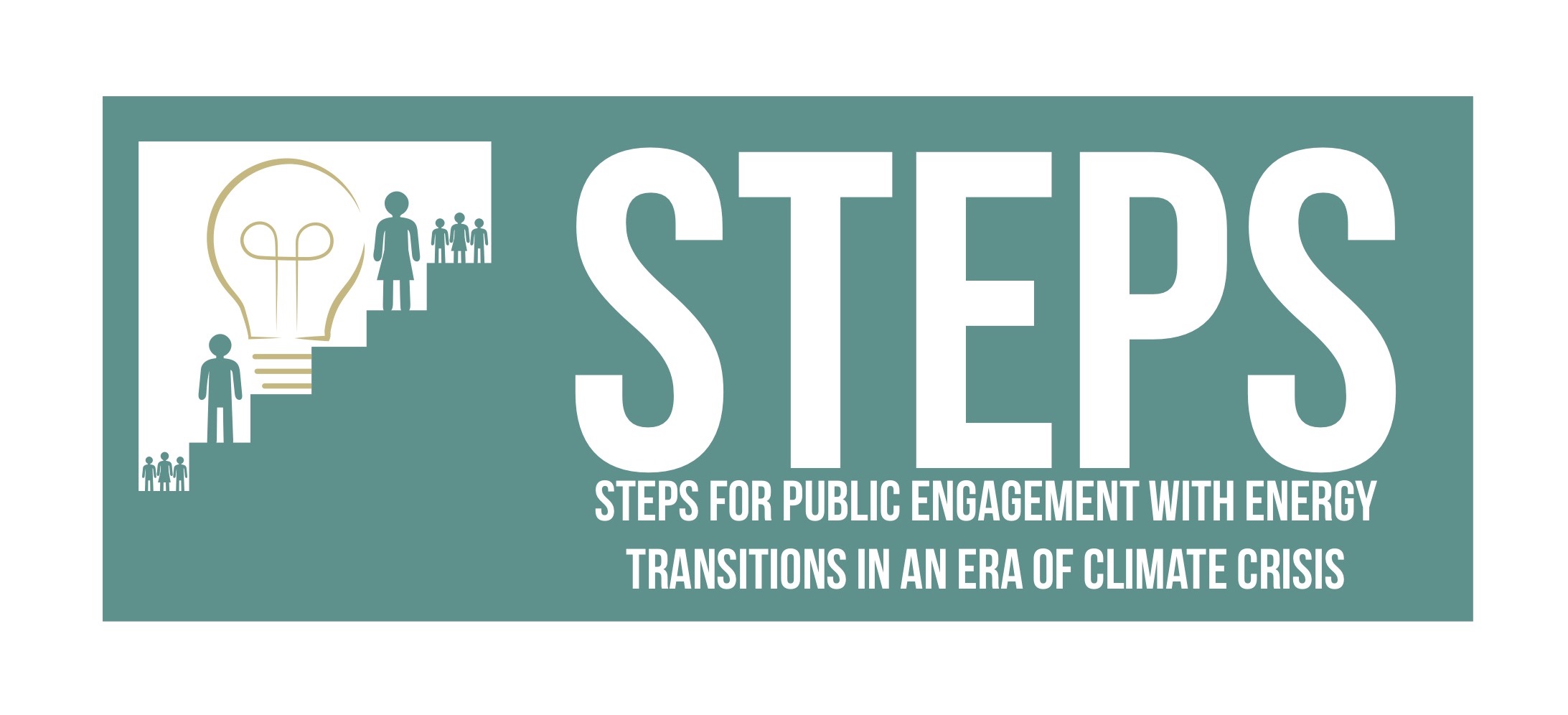
- Title
-
Steps for Public Engagement with Energy Transitions in an era of Climate Crisis
- Start Year
-
November 2020
- End Year
-
October 2024
- Funding Body
-
EirGrid plc
- Principal Investigator
- Team
- Project Duration
-
36 Months
Introduction
The project will entail an impartial analysis of EirGrid’s evolving public engagement processes, based on a mapping of actors, and a framework to codify different elements of existing strategies. This approach will simultaneously offer guidance and suggestions throughout the consultation and engagement process lifecycle, seeking to improve both engagement processes and outcomes. This includes the completion of comparative case study in Ireland and France drawing insights from the Celtic Interconnector Project and an exploration of the community benefit funding programme, which presents promising opportunities for communities to build and enhance their lead role as change agents at local level. Community benefit funding offers the potential to work alongside a community in receipt of the funding to investigate the process using an engaged research approach. This can be done collaboratively with a view to fully understanding and realising the opportunity and enabling the community to develop initiatives within the three-strand approach to community benefit, focussing on sustainability. Complementing this analysis, the project will also investigate innovative deliberative democracy instruments and processes with specific attention to aspects involved in promoting well-informed, equal and inclusive interactions that enhance energy citizenship.
Outputs
- Completion of literature review on engagement practices in electricity grid system change.
- Map of public roles in energy grid system change, outlining links and connections with EirGrid’s public engagement.
- Drawing insights and lessons from EirGrid’s deliberative engagement processes to enhance energy and climate action citizenship.
- Workshop on multidimensional evaluation strategies
- International case study analysis
- Analysis to assess the potential impact of interventions around community benefit with a view to informing policy and practice in this area
- Policy and practice briefs relating to analysis and insights gained
Work Packages
| WP1: Project Managemen | |
| Timeline | Month 1 to Month 36 |
| Description | WP1 aims to ensure the achievement of the project’s objectives through the timely and effective delivery of tasks, deliverables and milestones. Targeted technical and administrative co-ordination together with efficient organisational and financial management will ensure this is achieved according to the contractual arrangements. Activities will include:
● Administration and management e.g., financial control, ethical approval, risk management, transdisciplinary advisory group review; ● Verification and assurance e.g., quality assurance, internal peer review; ● Data management; ● Internal communication (including organising quarterly meetings with EirGrid). |
| Milestones | M1.1: Project commencement (M1) M1.2: Quartely Meetings x11 (M4, M7, M10, M13, M16, M19, M22, M25, M28, M31, M34) M1.2: Annual Review (M13, M25) M1.3: Project completion (M36) |
| Deliverables | D1.1: Project Management Manual and Closure Processes (M1, M36), D1.2: Research Ethics Approval (M3); D1.3: Quarterly Deliverable Updates D1.4: Annual Review updates (M13, M25) D1.5: Quality Assurance report (M25) |
| WP2: Transition Based Assessment of Actors, Roles, and Agency in Energy Grid System Change | |
| Timeline | Month 1 to Month 22 |
| Description | WP2 is linked to Tasks 1 and 4 (as per the proposal). It offers a critical, and integrated review of previous international work on engagement practices with the energy grid. Reseach work involves a transition based assessment of different actors, roles and agency in energy system change, this will comprise:
● A synthesis review of international literature on engagement practices in electricity grid system change; ● A scoping review with a view to map actors, roles and agency in energy grid system change; ● An Integrated review of EirGrid’s Multi-stage and Deliberative Engagement Processes; ● Mapping emerging publics and new local initiatives. |
| Milestones | M2.1: A desk-based map of public roles in energy grid system change (M4) |
| Deliverables | D2.1: Map of public roles in energy system change (M4); D2.2: Synthesis of engagement in electricity grid system change (M10); D2.3: Discussion Paper on EirGrid’s Multi-stage and Deliberative Engagements Process (M20). D.2.4: Journal Review Paper On engagement practices with electricty grid change (M24) These deliverables are linked to Outputs 1,2 and 3 |
| WP3: Comparative Analysis of Community Benefit Fund | |
| Timeline | Month 6 to Month 36 |
| Description | ● Scoping review of community benefit literature;
● Mapping existing initiatives and stakeholders; ● In-depth case-study research in three different locations; ● Comparative analysis of findings. |
| Milestones | M3.1: Completion of engaged case-study research in three pre-selected locations (M25) |
| Deliverables | D3.1: Critical Summary of Community Benefit Literature (M12); D3.2: Evaluation Framework (M25); D3.3: Comparative Case Study Report (M35). D.3.4 Journal paper with comparative analysis of findings (M36). These deliverables are linked to Outputs 6 & 7 |
| WP4: International Case-Study evaluation of community engagement in grid development | |
| Timeline | Month 8 to Month 34 |
| Description | WP4 is linked to Tasks 3 and 5. It provides good practice insights drawing from international literature as well as an investigation of engagement practices in Ireland and another EU member State. The International comparative dimension of this work builds on a strategy of engagement and partnership with various stakeholders, this will comprise:
● Development of multi-stakeholder engagement plan; ● Mixed-method data collection strategy (desk and field-based); ● Data consolidation and cross-case examination ● Distilling key learnings and policy recommendations |
| Milestones |
M4.1: Completion of comparative study in Ireland and another EU member State (M23) |
| Deliverables | D4.1: International Multi-stakeholder Engagement Plan (M9); D4.2. Workshop with stakeholders (M10); D4.3 Key learnings and policy recommendations report (M34); D4.4: International Case Study evaluation Journal Paper (M34). The deliverabkes are linked to Outputs 4, 5 and 7 |
| WP5: Dissemination & Exploitation | |
| Timeline | Month 2 to Month 36 |
| Description | WP5 includes four main areas of work: developing and implementing a Dissemination and Communications Strategy to promote awareness of the project; maximising the dissemination and impact of each key deliverable; carrying out a series of tailored dissemination activities targeting specific groups of stakeholders; and enabling the continued exploitation of the results after the project’s conclusion. Activities will include:
● Establish project identity and presentation guidelines, including brandings and templates for all deliverables; ● A project microsite to include information about the objectives and work plan, upcoming events, published papers and other relevant materials ● Establish a social media presence, building on existing networks ● Research briefs summarising and adapting results of journal articles into learning or policy briefs. ● Participation in and presentation at relevant conferences, workshops, EirGrid organised and other relevant events |
| Milestones | M5.1: Launch of microsite and use of social media channels (M3) M5.2: : Identification of impact pathways for deliverables (M10) |
| Deliverables | D5.1: Report on identified communication impact pathways (M12. M24); D5.2: Four learning/policy briefs (M12, M20, M30, M34) |
Team Biographies
Prof. Brian Ó Gallachóir (MaREI Centre Director; Team Leader RA6 ‘Energy Policy & Modelling’)

Prof. Ó Gallachóir serves as the Centre Director of MaREI, Chair of Energy Engineering in UCC, and as Director of the B.E. (Energy) and M.Eng.Sc. in Sustainable Energy. His research focuses on energy modelling to inform energy and climate change mitigation policy. Brian is an elected Chair of the Executive Committee of IEA’s Technology Collaboration Programme on energy systems modelling (IEA-ETSAP). Brian has published extensively and has directly informed energy and climate action policy decisions. He is lead PI in Climate Lab, an initiative of UCC’s ERI, and is a member of the national Gas Innovation Group. Brian has a B.Sc. from TCD and a PhD from UCC.
Ms. Aoife Deane (MaREI Communications & Public Engagement Manager)
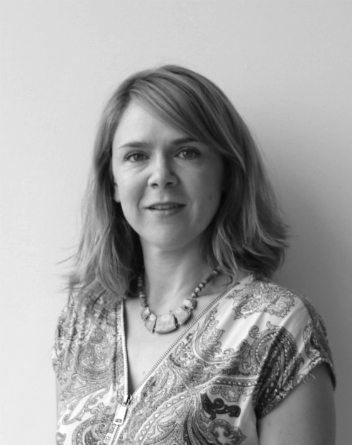
Aoife is an experienced science communication and engagement professional with 20 years’ experience in the sector. She graduated from UCC in 2001 with a BSc in Earth Sciences and completed a master’s in science communication in Queens University Belfast. Aoife has been working in UCC since 2008, and with MaREI since 2015 where she led the development and implementation of MaREI’s Public Engagement Strategic Plan 2019-2025. Aoife’s CPD training has included Climate Communications, Project Management, Creative Facilitation, Logic Modelling, Impact Assessment, and Community Based Social Marketing. Her research interests include Evaluating and Assessing the Impact of Engaged Research in Climate Action.
Dr. Evan Boyle
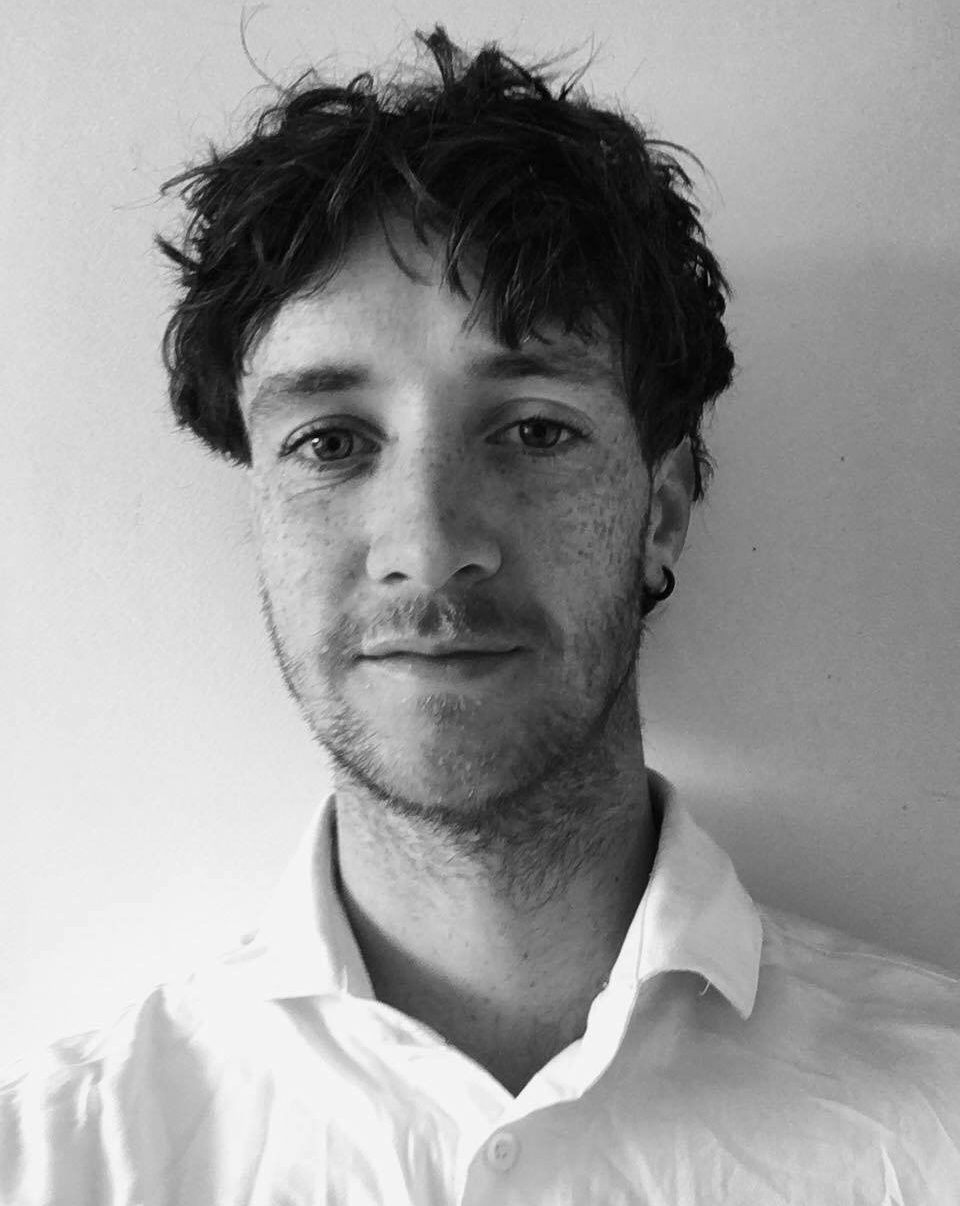
Evan is a postdoctoral researcher with the MaREI Center and the Department of Sociology and Criminology, University College Cork. His research focusses on community engagement and transdisciplinary approaches to sustainability. He has recently published work in International Political Anthropology, Energy Research & Social Science, and Local Environment. In addition, he has recently contributed a book chapter to Metaphor, Sustainability, Transformation (2021) published through Routledge. Throughout his PhD, he applied action research methods for the investigation of a multi-stakeholder approach to the socio-technical transition to a low-carbon society in a regional context, in collaboration with the Dingle Peninsula 2030 initiative. He has also been active in the Imagining 2050 project, and has been involved in lecturing/tutoring roles within the Department of Sociology and Criminology for the past five years, covering a range of topics including Social Theory, Sociology of Community, and Sociology of the Environment.
Dr. Alexandra Revez (Research Fellow)
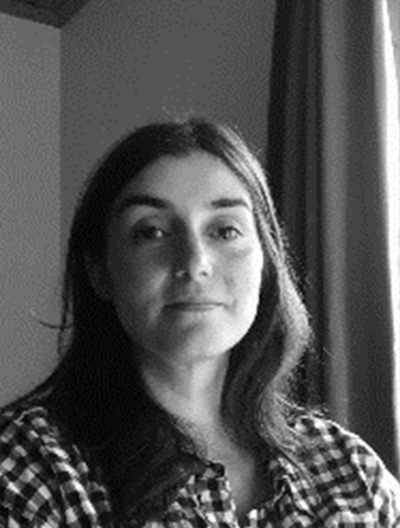
Alexandra is a Research Fellow in MaREI. She is a practiced academic with expertise in Human Geography, Political Science & Sociology and Community Development. Her recent collaborative research work with the Imagining2050 project has focused on democratic innovations, co-creation, leveraging collective imaginations and engagement with communities on issues linked to climate action in Ireland. Alexandra is an external expert advisor with the Teaching Council, a member of the ‘Enabling Societal Transformations’ JPI Climate Action Group, and a member of the newly established ‘Gender and Energy’ IEA Task Force.
News
Celebrating the start of the STEPS project and research partnership with EirGrid, March 2022 |
|


